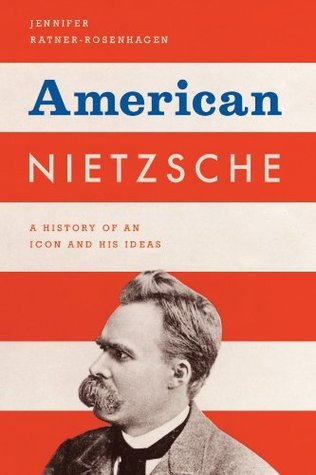It was Emerson’s recognition, picked up by Nietzsche, that when we think our thinking needs absolutes and elsewheres, we are not yet thinking. For Emerson, the only way to think was to do so, as Cavell put it, “aversive[ly],” pushing against all inheritances as shortcuts to false foundations that will root us in origins and carry us up to God or across the Atlantic to Europe.132 Nietzsche shared this inclination to turn against the “it was” of inherited truths, to reject all predetermined conditions for thought, and to view truths as being created in the process of thinking itself.
Welcome back. Just a moment while we sign you in to your Goodreads account.


